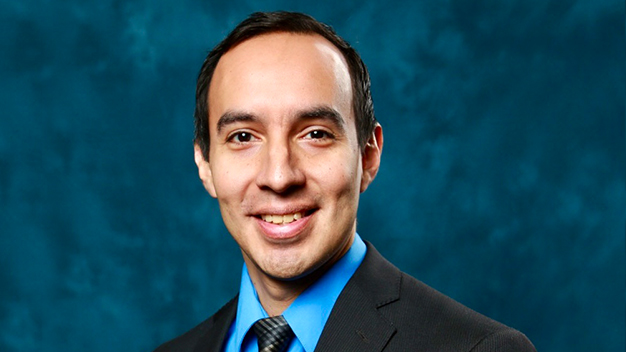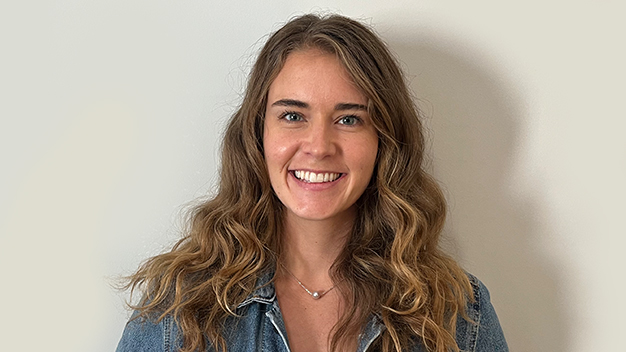Translating academia experience to data science
Marcos Huerta

Episode notes
We were joined at the Data Science Hangout by Marcos Huerta, Manager of Data Science at CarMax.
A few snippets from the conversation with Marcos at 36:40:
What was the most effective asset that you had that led to your transition to your current position?
- A willingness to just try and teach myself new things. In graduate school, I’d done a ton of data analysis, but it was all in an obsolete language that wasn’t going to help me. I had to teach myself Python and R. I think the openness to trying that was key.
- I gave myself a project to figure out how to use Python and understand classes and object-oriented programming, which I did not understand 10 years ago.
- I do think that my work experience — because I had done a lot of non-technical stuff — helped as well. I had this record of professional accomplishment that maybe wasn’t technical but people knew I could think and I had this track record.
How do you do the mental folding to translate the many years you spent getting a PhD in astrophysics to a different position?
- The first step for me was not to data science, it was to the science policy world. I think I always had this interest in politics and the government. That first transition came because of these talks at Rice that happened once a month about non-academic careers. Someone who had done science policy and worked at the National Academies of Science and as a Congressional Science Fellow came and gave a talk about what she had done with her physics or astrophysics degree. That really fascinated me.
- From science policy, data science was more practical. There’s a ton of jobs at the entry level for science policy but as you start to work your way up I was running out of things to do. There become fewer and fewer job openings.
- Turns out when I started itching that part of my brain again, I really enjoyed it. I enjoyed the Data Incubator. I enjoyed trying to do the swirl lessons in R, building some Shiny apps, etc. Once I got back into doing technical stuff, I found it was still very satisfying.
*non-verbatim transcription, summary of a few insights
Featured in this episode

